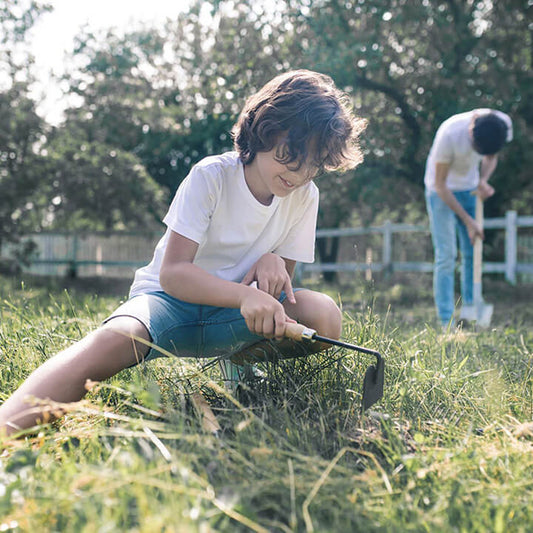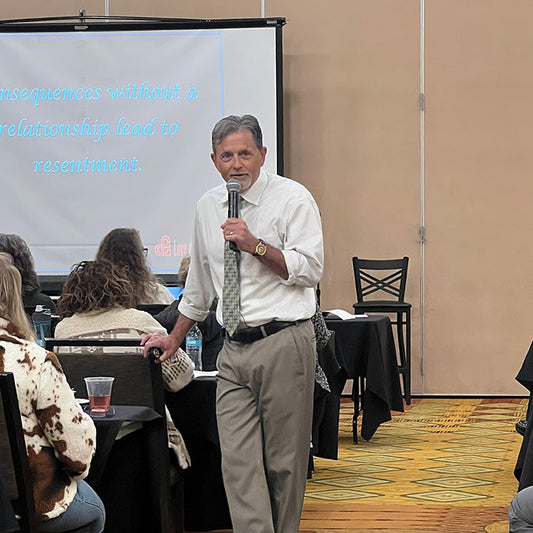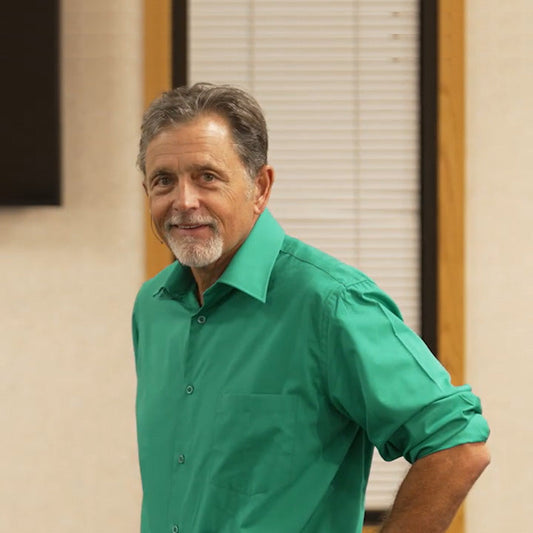Albert Einstein understood that failure is success in progress. This view of the importance of failure is critical for understanding how to help our kids learn. In this week’s blog, we explore how allowing failure actually helps our kids to learn how to succeed in life.
Synthetic success
Ten-year-old Kaylee rarely blundered. Apart from a few small errors committed under her mother’s radar, her slate was clean.
Managing this state of near perfection required a tremendous amount of vigilance and work on everyone’s part, including by her parents. Every friend had to be carefully monitored and continuously assessed. Each homework assignment, book report, and science fair project necessitated high levels of vigilance so that the adults in Kaylee's life could help her detect and correct errors before drafts landed on her teachers’ desks. Participation in sports always led to significant financial sacrifices, since private lessons were the only way she could learn to run, jump, throw, hit, and catch, without error.
Kaylee’s parents were dedicated to engineering success, a type of success not created organically through trial and error but arising from the fragile thread of good intentions instead.
Failure snatched from the jaws of success
Is this a sustainable plan, or will Kaylee’s parents eventually lose their ability to engineer success? Does Kaylee truly believe that she has what it takes to overcome failures, or does she live in fear that one might someday come her way?
Have you ever met an adult who was raised this way? Do these adults demonstrate high levels of perseverance when the going gets tough, or do they avoid challenges like the plague?
What are the societal and economic impacts of raising children like Kaylee?
Failure is not final. It’s informative.
Who are the most successful people you personally know? Have they always been successful, or have they experienced a good degree of failure?
At the heart of all science and all great innovation are risks and resulting failures. The data of each successive failure informs the path to success. As a country are we raising kids who understand this process and are therefore truly prepared to discover greatness or are we creating young people who are too fearful to walk this path?
Growing success from the seeds of failure
Parents and educators dedicated to raising tomorrow’s great thinkers and doers understand that all children need to:
- be encouraged to grapple with unanswered questions, to use a sewing machine, to explore the ins and outs of cooking a complex meal, to play group sports, to use a microscope, to fix a bike, to do homework, and to complete other tasks with as little adult interference as possible;
- have us place greater emphasis on taking healthy risks and persevering through failure than on stellar grades, great fashion, and athletic stardom;
- make plenty of affordable mistakes over basic hygiene, homework, money management, social interactions, and other daily matters;
- have parents who are brave and loving enough to allow these wonderful failures even when criticized by more socially appropriate and politically correct parents;
- experience the logical and natural consequences of their failed choices;
- simultaneously experience sincere empathy and unconditional love;
- be guided to see that success is earned by having the guts to fail and learn more frequently than the average person;
- have adults who show them that failure is not final—it’s informative.
Thanks for reading!























































